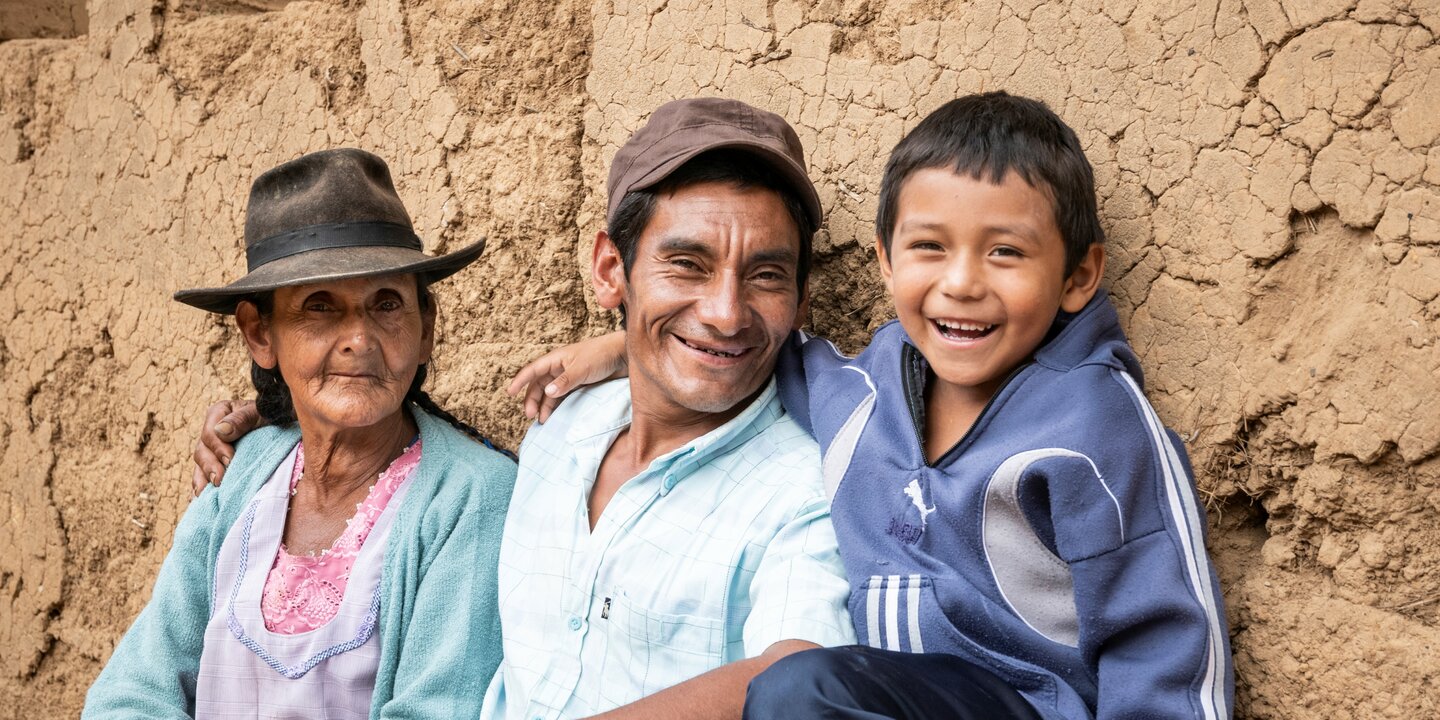"Most of the time we are limited to housework. The reason why we women are not able to lead social development initiatives is our load of daily chores. We need to talk about changing this."
Articulated by women in Kyrgyzstan and Nepal respectively, these two quotes highlight a common challenge faced by women in these two contexts as, indeed, in many others. This is that women generally do much, if not all, of the unpaid care work needed to ensure the basic physical and social wellbeing of their families and of their society. Otherwise known as domestic work or household work, care work includes caring for children, elderly people and people who have fallen ill, as well as housework, preparing and cooking food, collecting firewood and water, etc. Particularly in contexts with limited public service provision, for example child care services, this responsibility demands a significant amount of women’s time and energy. The situation is further exacerbated in contexts where significant out-migration reduces the labour available in households, such as rural Kyrgyzstan and Nepal.
Not only does this place high demands on women’s time, it also affects what women do in the rest of their time. In both the global North and South, men spend more of their working time in remunerative or paid employment and women spend more time on unpaid work, particularly unpaid care work. This is based on and reproduces a distinction between “male breadwinners” and “female caregivers”. Women’s disproportionate responsibility for unpaid care work reinforces the notion that women belong in the private sphere, while men belong in the public sphere with the resultant better access to money, resources, opportunities and political power. This has direct implications on women’s ability to invest time in other economic, social and political activities, from paid employment to education, community engagement and leisure. So it is an issue both of human rights and of sustainable development, particularly the tremendous potential of women’s economic empowerment. As a recent UN High Level Panel noted, gender equality is: the right thing to do and the smart thing to do.
We recently carried out an action research initiative in Nepal and Kyrgyzstan, the latter supported by SDC, to learn more about this. The first thing we observed in these cases, as well as more generally, is that unpaid care work is rarely explicitly recognised by development actors. Given that we often require intensive community engagement in the initiatives we support, simply recognising the time required for unpaid care work and valuing its importance is a first step. We then noted that there would be a number of practical initiatives that could help to reduce women’s unpaid care work – both technological innovations and infrastructure development. We integrated some of these into our ongoing support to these communities. Thirdly, there is the question of distribution, between women and men and among different public institutions and the private sector. In Nepal, the women we worked with identified child care as a priority and we supported them to launch a community child care centre, which was also supported by the local government . Finally, there is the question of representation, and the extent to which women’s voices and women’s interests are represented in policy dialogue on social, political and economic issues such as working conditions, social security entitlements, etc.
One further observation that struck us during our analysis in Nepal and Kyrgyzstan is that the discussions we had around time use opened doors to discussing social issues that might not necessarily come up otherwise. Collecting time diaries, as we did, allowed the conversation to focus very concretely on how women spend their time. Our skilful local facilitators encouraged women to question why things are as they are. A key issue that emerged in both Nepal and Kyrgyzstan is child marriage. Though illegal in both contexts, there are still pressures to marry women and girls off at a young age. They thus do not have an opportunity to finish their schooling and are, at a young age, exposed to heavy work in the fields and home alongside childbirth and childcare.
Though development interventions clearly cannot be disconnected from the societies in which they seek to facilitate change, sometimes very technical interventions can be so specifically focused that they do not sufficiently consider the broader social issues around them. More effective interventions recognise, for example, that even if women would like to be leaders in the social development of their community, there may simply not be enough hours in the day for this, unless their care work burden is reduced or redistributed. Our forthcoming handbook builds on the action research recently carried out in Nepal and Kyrgyzstan and aims to guide development practitioners to better analyze and address unpaid care work. Ultimately, the most important development to which we can contribute is that women and men are empowered to be change agents in their own lives. And for this, they need time.
Blog post by: Mona Sherpa, Smriti RDN Neupane, Sara Bachmann and Sarah Byrne



